
OR
Opinion
Massive Privatization of Education in Nepal and Its Impact on Future Generation
Published On: November 30, 2022 07:00 AM NPT By: Surendra Prasad Ghimire
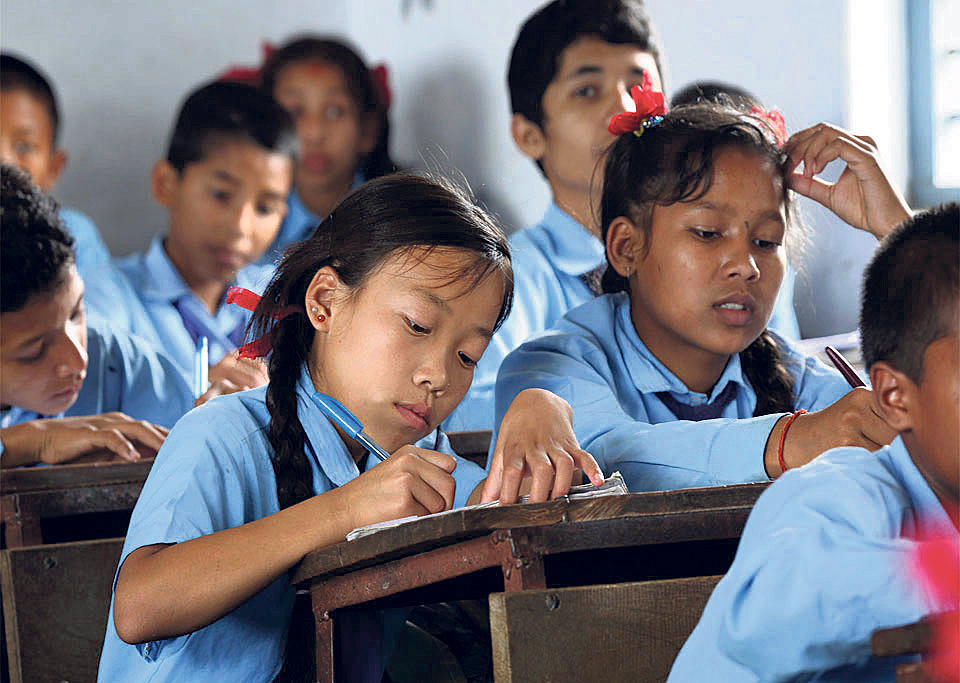

Surendra Prasad Ghimire
The author is an MPhil scholar at Nepal Open University. He can be reached at surendra.ghimire7@gmail.com.news@myrepublica.com
Academic institutions' success and failure are measured on the basis of how many of their students have been getting jobs in the market. Such practices lead to the danger of transforming the whole education system as a component of industries and markets.
Nepal embarked upon the journey of privatization of education after the establishment of private schools in the country that claimed to promote the so-called quality “English education” to those who could pay the high fees regularly. Gradually, people started believing that speaking in English was a sign of quality education and private schools where the medium of teaching and learning was English (boarding school) became the first choice of a majority of people. As a result, the number of students in community schools has been going down steadily. Some of the community schools in Nepal have adopted English as the medium of teaching and learning, mainly to attract students. And gradually, the number of students increased in such community schools. They appointed teachers for teaching in the English medium and started collecting extra fees in roundabout ways from the students studying in the English language. That is why some of the community schools have two groups of students - one studying in Nepali and the other in English medium. In other words, such schools have two kinds of students who learn at the school by paying and without paying fees. But this is clearly against the spirit of the Constitution of Nepal 2015.
The massive growth of private schools and the aforementioned education system in some community schools have made school education in Nepal highly expensive. In addition, the earlier aura of teaching and learning in the classroom in many respects has been declining, and the role of teachers has become just that of facilitators, and the perception of students toward teachers has completely changed. Such practices of providing two mediums of education bring a colossal impact influencing almost all sectors including forming curricula, and ways of teaching and learning systems. In addition, education has become the best and most secure sector for private investment and earning a net profit.
Moreover, a study in 2021 reported that the educational policymakers in Nepal are motivated by western curricula, educational policy, and particularly the use of the English language to adapt and adjust in the latest developed globalization. The selection of foreign textbooks and teaching and learning systems in the classrooms of the Nepali schools has been guided by donors and profit-making motives of Nepali investors. Another study in 2017 argued that such a policy of marketization and privatization in the Nepali education system has been promoted with the support of The World Bank. This reflected that as a whole, the Nepali education system has been guided by the interest of the donors and their profit-making mechanisms. This is serious.
In addition, the privatization and marketization policy in the Nepali education system utterly impacts the whole education system by promoting private investment in education and decreasing the budget and regulatory mechanisms of the government in the true sense in the education sector. As a result, investment in the educational sector ensures tremendous profit for investors. As Levidow (2005) argued in his article titled Neoliberal Agendas for Higher Education that neoliberal policy on education emphasizes commercialization of education by reshaping education on the basis of market demands. Consequently, the Nepali education system is also solely motivated by the production of manpower by addressing market demand rather than understanding the true sense of education.
Furthermore, academic institutions' success and failure are measured on the basis of how many of their students have been getting jobs in the market. Such practices lead to the danger of transforming the whole education system as a component of industries and markets. Moreover, the commodification of education makes education as other commercial products that are available in the market in varying qualities and can be bought by selecting according to customers' economic condition. More importantly, such practices transform the role of teachers and students as consumers and producers by killing the previous aura of ideal relations between them.
If this massive privatization of the Nepali education system is to continue for long, education will ultimately be out of the reach of common people. As a result, the rates of illiteracy will decrease, promoting backwardness, war, conflict, and inequality in the future. However, even in such a critical situation, policymakers, political leaders, educationalists, and the authorities concerned as whole have not shown any concern to improve the sorry state of the education sector in Nepal. Such a problem needs to be publicly discussed and solved before facing bitter consequences created by promoting the privatization of education in the country.
You May Like This
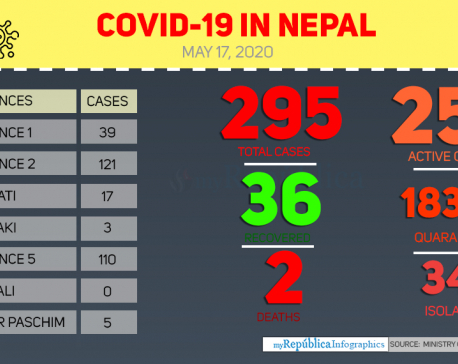
Health ministry confirms three new COVID-19 cases, number of total cases reaches 295
KATHMANDU, May 17: Nepal reported three new cases of COVID-19 on Sunday evening, taking the national tally to 295. ... Read More...
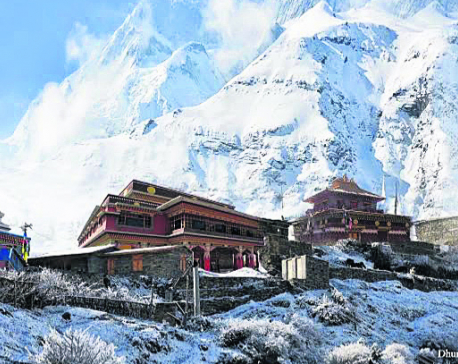
Dhurmus, Suntali to build ‘a Nepal within Nepal’
KATHMANDU, June 5: After successfully completing three settlement projects for earthquake victims and other communities, the actor couple Sitaram Kattel (Dhurmus)... Read More...

Nepal vs Kenya: Five crucial things Nepal looks for second match
KATHMANDU, March 12: Nepal is taking on Kenya on Monday in the second match of the ICC World Cricket League... Read More...





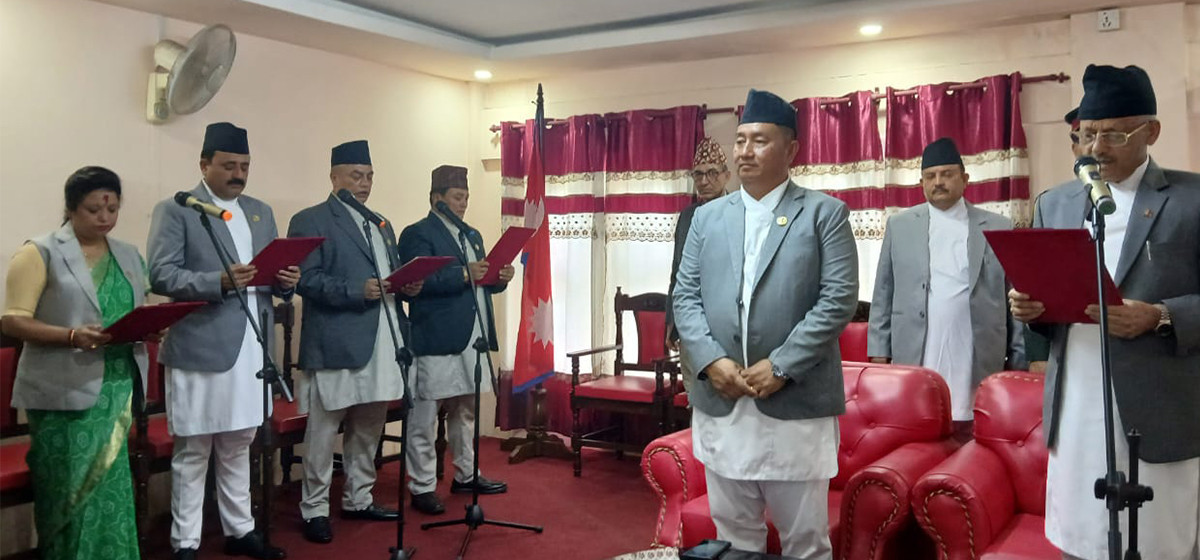
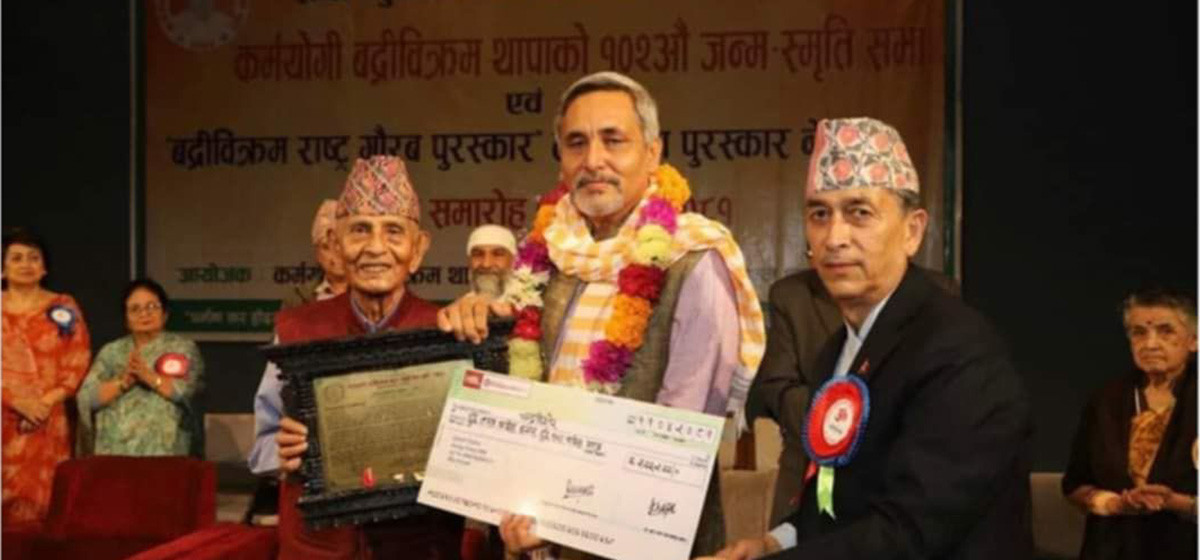

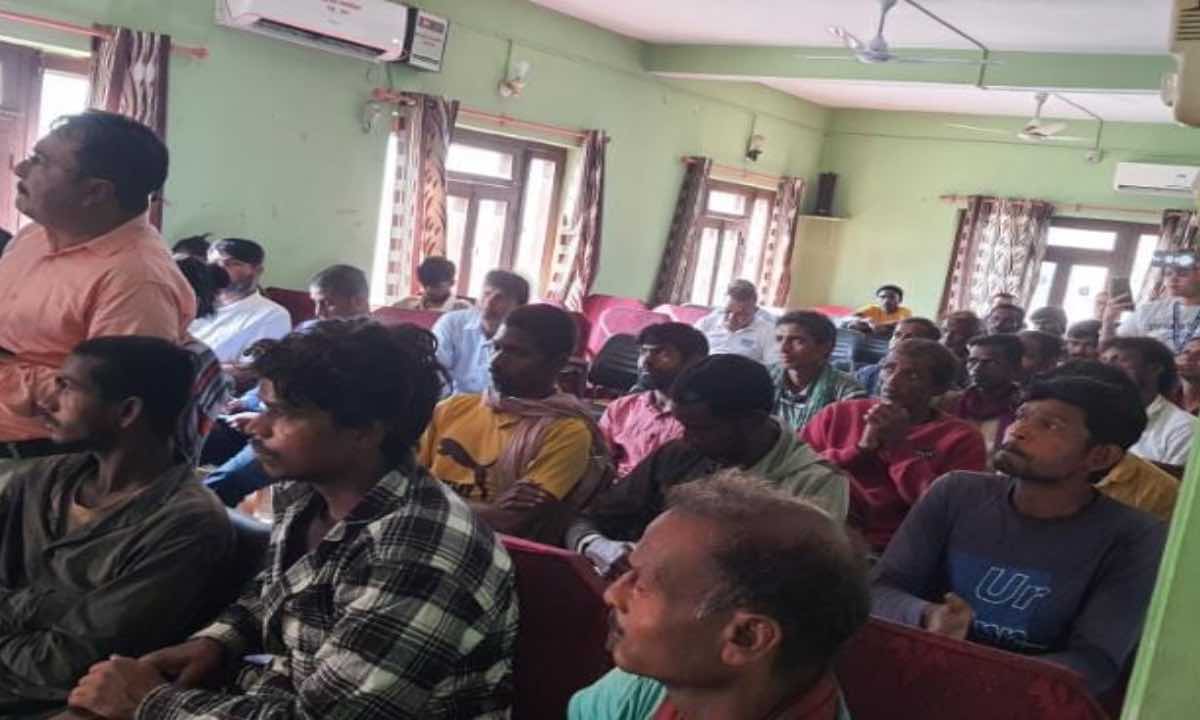
Just In
- Two children found infected with measles in Shuklaphanta
- Four NC ministers take oath of office and secrecy
- Dr Ruit and Journalist Chandra Kishore feted
- Kathmandu records highest number of divorce cases with 13 couples filing for divorce daily
- Rapid response team mobilized in Dhangadhi to contain cholera outbreak
- 28 workers held hostage in India rescued
- Simaltal bus accident: 40-kg magnet deployed to trace missing buses
- Youth of eight districts lead in foreign employment








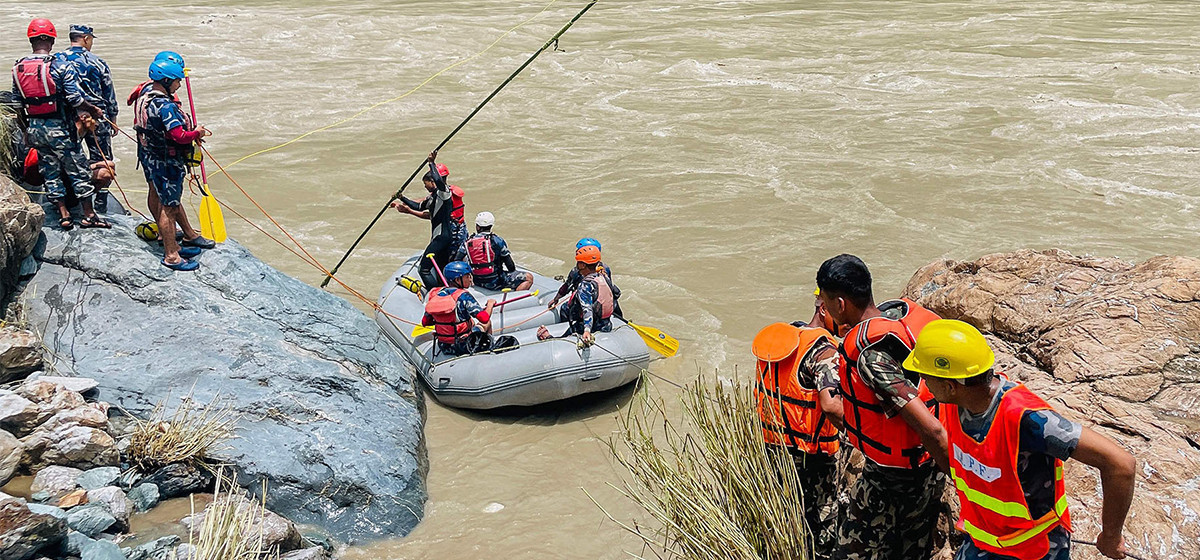
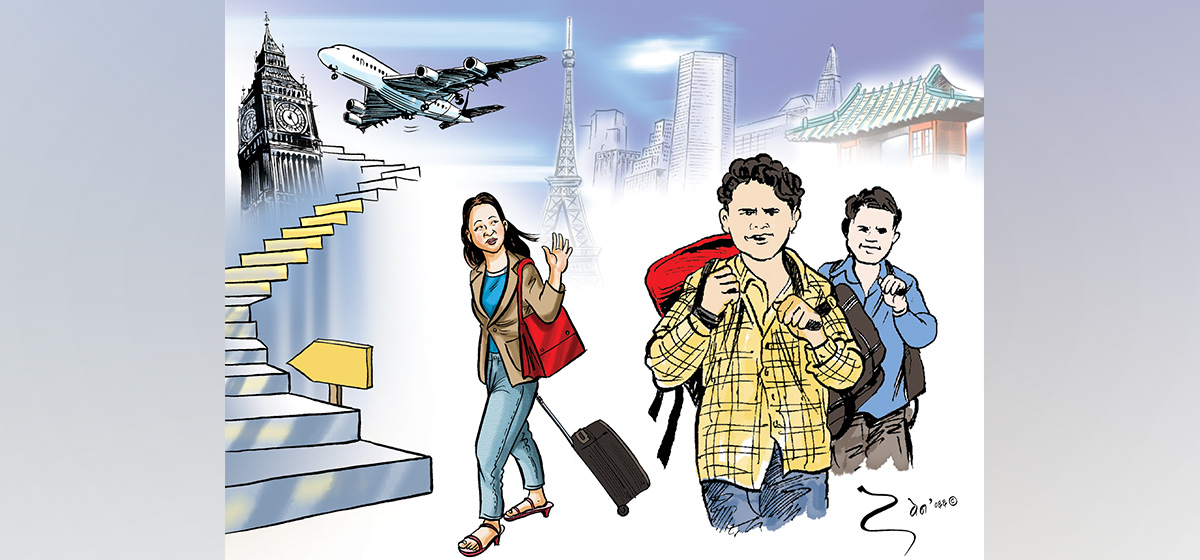
Leave A Comment